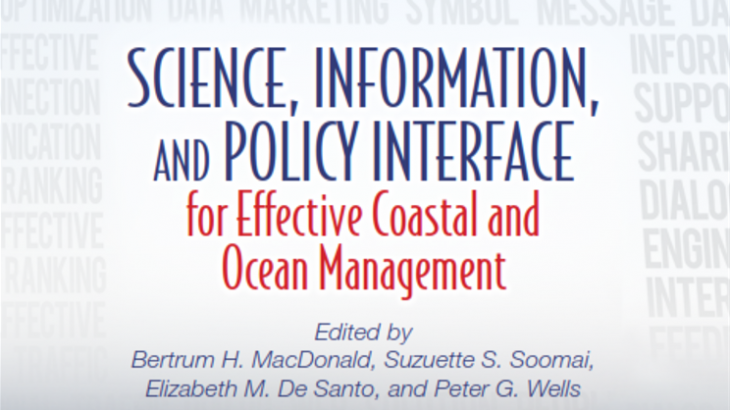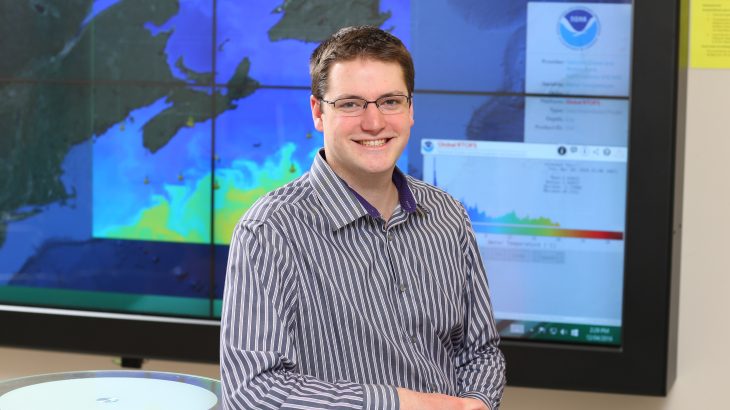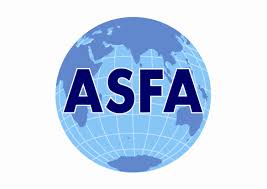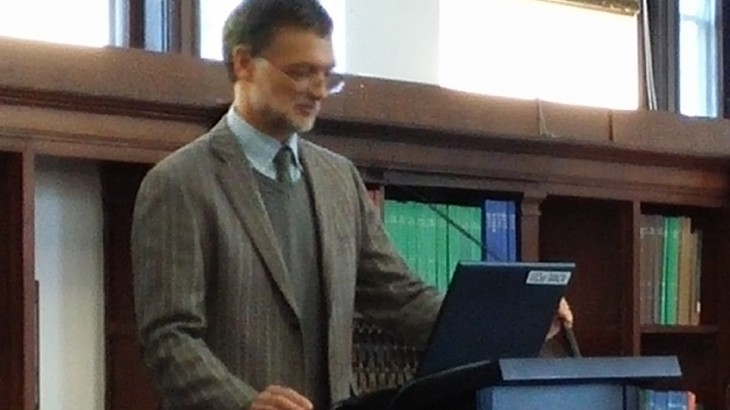The function of public consultation and advisory processes in the development of public policy is complex and evolving. Some recent literature on this subject offers insights about the numerous roles that these processes can play in informing and developing policies and other governance practices, both at a global level and within a democratically governed state […]
Scientific Communication
Managing the Communication of Research Information for Policy: Institutional Dynamics and the Social Component
Effective communication is a popular phrase within many institutions. At a basic level, communication involves purposeful exchange of information among parties. Failure to successfully transfer knowledge within this transaction can result in misunderstanding, misuse of time, and inappropriate or lack of action. Within a governmental context, this situation could result in wasted resources, ineffective policy, […]
New EIUI Book about the Science-Policy Interface to be Published in May 2016

The EIUI Research team is very pleased to announce that Science, Information, and Policy Interface for Effective Coastal and Ocean Management will be published by CRC Press (division of Taylor & Francis) on 16 May 2016. This volume, edited by Bertrum H. MacDonald, Suzuette S. Soomai, Elizabeth M. De Santo, and Peter G. Wells, brings […]
Lee Wilson Defends his Master’s Thesis Research on Tidal Power Communication Networks in the Bay of Fundy Region

Lee Wilson, Master of Library and Information Studies (MLIS) student with the EIUI research program, successfully defended his thesis on 30 November 2015. His research examined several aspects of inter-organizational communication among organizations affected by tidal power developments in the Bay of Fundy region in Atlantic Canada. Capturing tidal energy through the implementation of tidal […]
MacDonald and Ross Present Paper at Canadian Science and Technology Historical Association Conference

EIUI team members Bertrum MacDonald and James Ross presented the paper “Crossing Borders in Scientific Literature: The Case of Environmental Assessment Reports,” at the nineteenth biennial conference of the Canadian Science and Technology Historical Association / l’Association pour l’histoire de la science et de la technologie au Canada held at York University, Toronto, 6-8 November […]
Citizen Science – Achieving a Balance with Government Programs

An editorial in the latest issue of the Proceedings of the Nova Scotian Institute of Science (PNSIS) calls for a debate about the role of citizen science in environmental initiatives in Canada (Wells & Richardson, 2015). “Citizen science” refers to the collection and analysis of data by amateur or nonprofessional scientists. Environmental monitoring programs initiated […]
Suzuette Soomai Completes her Doctoral Research on the Role of Fisheries Information

Suzuette Soomai, Interdisciplinary PhD student with the EIUI research program, successfully defended her doctoral dissertation on 30 October 2015. Her research focused on the role of fisheries scientific information in policy- and decision-making for fisheries management. She studied the information pathways – production, communication, and use of scientific information – at the operational level in […]
EIUI Co-Hosts the 2015 ASFA Advisory Board Meeting

In collaboration with our research partner, the Northwest Atlantic Fisheries Organization (NAFO), the EIUI co-hosted the annual meeting of the international Advisory Board of the Aquatic Sciences and Fisheries Abstracts (ASFA) held in Halifax on 5-9 October, 2015. ASFA is an international cooperative information system for the collection and dissemination of information covering the science, […]
Marc Taconet of the FAO Gives a Public Lecture at Dalhousie University

The EIUI was pleased to invite Mr. Marc Taconet of the Food and Agriculture Organization of the United Nations (FAO) to participate in the Dalhousie University Information Management Public Lectures series on 8 October 2015. Mr. Taconet is the Chief of the Statistics and Information Branch of the Fisheries and Aquaculture Department of FAO and […]
EIUI Participates in the 41st IAMSLIC Conference

Suzuette Soomai, PhD Candidate and a member of the EIUI research program, participated in the 41st International Association of Aquatic and Marine Science Libraries and Information Centers (IAMSLIC) Annual Conference, “Blue Growth: Motivating innovations in aquatic information management,” hosted by the Food and Agriculture Organization (FAO) of the United Nations in Rome, Italy, on September […]